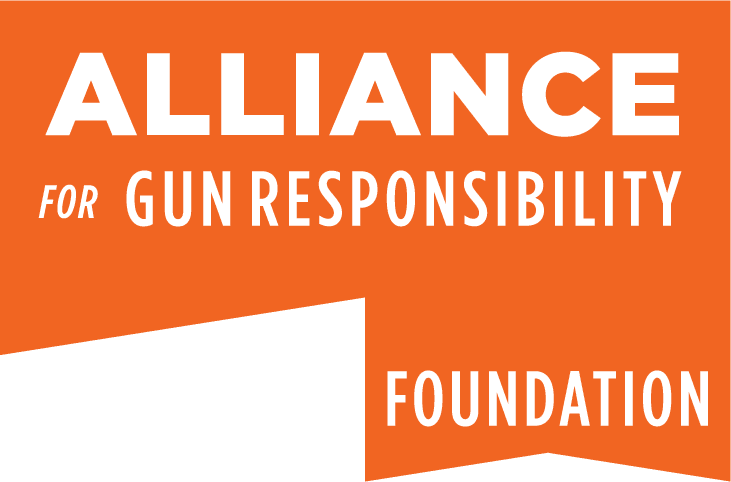Over the last year, we have been met with constant, painful reminders that gun violence and white supremacy are inextricably linked.
The state-sanctioned killings of George Floyd, Breonna Taylor, and so many others shone a spotlight on the fact that our systems are built to uphold white privilege and power and wield violence against Black and Brown people. The January 6th coup attempt exposed the threat white supremacy poses to our democracy itself. The recent mass shooting in Atlanta is evidence of the danger of racism, xenophobia, misogyny, and all forms of hate, fueled by a gun. And those examples are just scratching the surface.
It is clear that we cannot end the gun violence epidemic without rooting out the white supremacy knit into the fabric of our country. And we cannot do that without understanding the history that got us here. That is why we hosted White Supremacy and Guns: Exploring the History, a virtual summit dedicated to the intersection—past and present—of gun violence and white supremacy.
The summit began with keynote remarks from Professor Mary McCord, a visiting professor of law and Legal Director at the Institute for Constitutional Advocacy and Protection at Georgetown University Law Center. She is also a former Acting Assistant Attorney General for National Security and a leading expert on domestic terrorism and extremism. Professor McCord detailed the growth in armed, white supremacist groups and debunked the claim that private militia activity is protected under the Second Amendment.
Next, Josh Horwtiz, Executive Director of the Coalition to Stop Gun Violence and the Educational Fund to Stop Gun Violence, moderated a panel discussion that dove into the intersection of gun violence and white supremacy. The panelists were:
- Greg Jackson: National Advocacy Director, Community Justice Action Fund
- Gloria Pan: Vice President, Member Engagement, Moms Rising
- David Martin: Senior Deputy Prosecutor for the King County Prosecuting Attorney’s Office
- Kathleen Belew: historian, author, research fellow at Stanford University, and assistant professor of history at the University of Chicago.
After the panel discussion, Alliance for Gun Responsibility policy expert Rebecca Johnson explained the Alliance’s development of an equity tool that we have begun using in the development of our policy agenda. The tool is a set of questions designed to uncover potential unintended consequences or disproportionate harm to Black, Indigenous, and other people of color that could come from policies designed to keep our communities safe. Participants were then given the tool and split up into breakout rooms to go through the exercise in small groups.
It is impossible to complete a comprehensive exploration of the intersection of white supremacy and guns in just a few hours, but we are grateful for the opportunity to begin a larger conversation with this summit that is sure to remain central to our work. A huge thank you to our speakers and attendees for taking the time to tackle this subject.
— Chelsey Wright is the Office & Administrative Specialist at the Alliance
